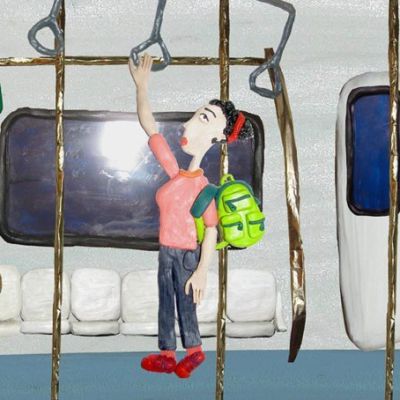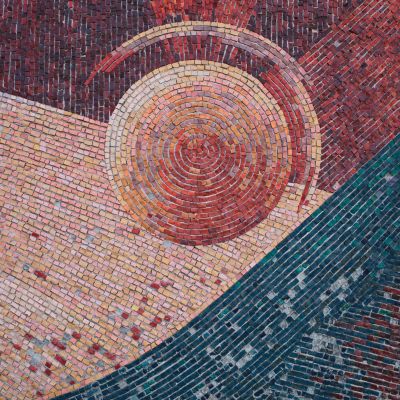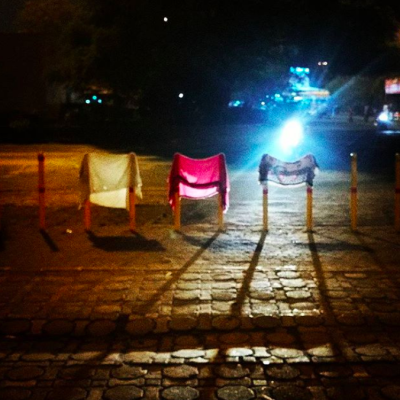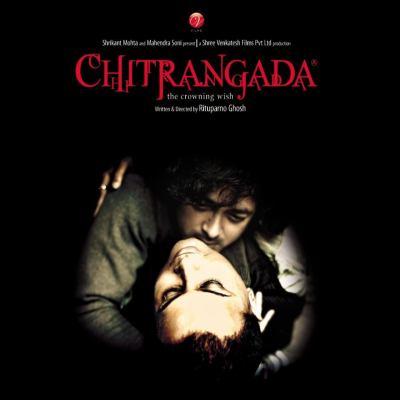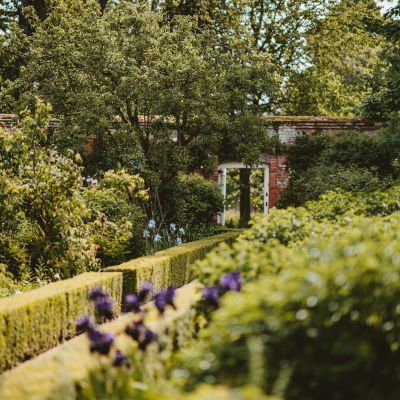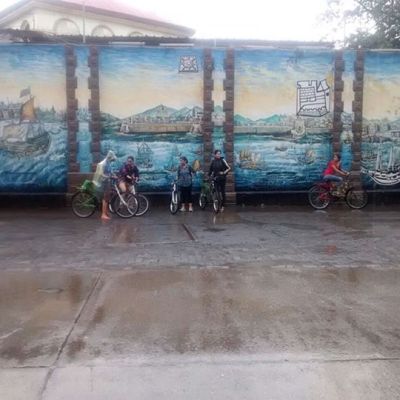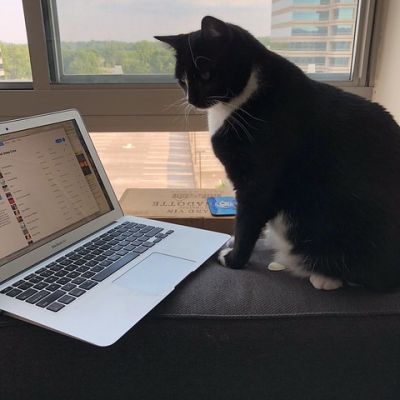Public Spaces
निष्कर्ष के रूप में – आनंद और जोखिम के बारे में विचार उन तरीकों के लिए महत्वपूर्ण हैं जिनमें जेंडर और यौनिकता सार्वजनिक और निजी स्थान के बारे में विचारों के साथ अन्तःक्रिया करते हैं। हालाँकि इनमें से कुछ प्रश्न पुराने लगते हैं, सार्वजनिक स्थलों पर प्रतिस्पर्धा के दावों पर सार्वजनिक बहस में नए सिरे से जारी रहते हैं। सार्वजनिक और निजी स्थानों के बारे में विचार उन तरीकों को भी फटकारते हैं जिनमें जाति और वर्ग सम्मान के बारे में विचारों को आकार देते हैं, इस प्रकार कुछ स्थानों को ‘सुरक्षित’ और दूसरों को ‘जोखिम भरे’ के रूप में चिह्नित करते हैं।
Many among us are called names, are greeted with aggressive taunts and jeers on the very streets we boldly occupy at least once every year,so we go on living docilely until the next Pride, when performative reclamation of spaces becomes possible.
As renowned queer scholar Judith Butler said, “For those who are still looking to become possible, possibility is a necessity.” This is essential but also easier said than done.
Shilpa Phadke reminds us that we have the right to choose to take risks and the responsibility to respect difference so that we can re-imagine public spaces, feel a sense of belongingness in them, and have them belong to everyone.
I said “excuse me”, walked past them and then never looked back to see the look on their faces. And then without a thought, I reached the destination and said loud and clear, “Woman’s seat”, which was a gesture to say “give me the seat, because it is a woman’s seat and you are a man sitting on it.”
Connection, to my mind, is one of those profoundly entrenched concepts manifesting itself throughout our lives. It is difficult to let go of.
I gave myself the freedom to choose. And I chose to re-examine my assumptions. Maybe it was possible to ask strange men for directions without being afraid of seeming vulnerable. Maybe I could plan my outfit without bothering about the fact that I would be travelling on public transport.
I gave myself the freedom to choose. And I chose to re-examine my assumptions. Maybe it was possible to ask strange men for directions without being afraid of seeming vulnerable. Maybe I could plan my outfit without bothering about the fact that I would be travelling on public transport.
The lovers enact many recognizable hetero-normative romantic tropes – the wronged petulant woman pacified via kisses and caresses, the woman too tired for sex who then tries to placate the sulking male lover.
The patriarchal system strictly enforces gender roles and social norms that privilege men over women. This sense of male entitlement over women and girls’ bodies have insured their confinement to spaces where they are stripped of power, threatened by harassment and discrimination, and extremely vulnerable so that men get to play the role of protectors.
With access to private spaces taken away on account of the pandemic, suddenly couples from liberal and affluent backgrounds found themselves in the same position as couples from less privileged backgrounds – desperately looking for pockets of privacy.
I extend my support and solidarity to people, across the spectrum of gender and sexuality, who want to break closed doors and walls to establish safe spaces where one can love freely, without inhibitions; people who seek to re-define love and intimacy in their own independent, non-patriarchal terms.
When one travels as a woman or indeed as someone who is not an upper caste, middle or upper class,…
To claim the public then in arbitrary, messy and oppositional ways, whether on the streets or online is to challenge the neoliberal impulse which is located in the creation of order. To create place, to stake claim, thwarts the desires for the sanitised neoliberal city and is a politics.






